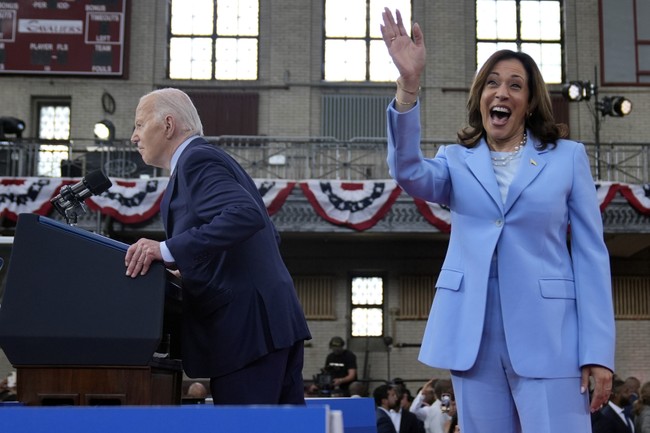Ben-Gvir's Al-Aqsa Visit Sparks Controversy
Israeli Minister Itamar Ben-Gvir's repeated visits to Al-Aqsa Mosque under tight security raise local and international concerns.
Published July 19, 2024 - 00:07am
Image recovered from assawsana.com
Itamar Ben-Gvir, the controversial Israeli Minister of National Security, has once again sparked international outrage by entering the Al-Aqsa Mosque compound. According to eyewitnesses, Ben-Gvir entered the mosque's grounds from the Moroccan Gate early Thursday, accompanied by a significant number of Israeli police officers.
This marks the second time in just two months that Ben-Gvir has visited the holy site. His actions have previously been characterized by Palestinians and various international observers as provocative and intended to inflame tensions.
The Al-Aqsa Mosque, located in East Jerusalem, remains one of the most contentious sites in the Israeli-Palestinian conflict. Its significance to both Muslims and Jews makes it a focal point of religious and geopolitical tensions.
Ben-Gvir's visits are often framed within the context of broader Israeli policies and actions in the occupied Palestinian territories. During his latest visit, access to the mosque was heavily restricted for Palestinian worshipers, further heightening the sense of outrage within the Palestinian community. In various towns and cities in the occupied West Bank, Israeli forces conducted numerous raids leading to multiple arrests. These operations were met with fierce resistance from local Palestinians, exacerbating the already volatile situation.
The international community, including several United Nations bodies, has expressed deep concern over these actions, urging Israel to respect international law and the religious significance of the Al-Aqsa Mosque. Ben-Gvir's visits are seen as contravening recent agreements and norms intended to maintain the status quo at the holy sites.
Reactions to Ben-Gvir's actions are diverse. Israeli right-wing factions often support his moves as expressions of national sovereignty over Jerusalem. Meanwhile, Palestinian authorities, backed by numerous international allies, view these actions as violations of their religious and political rights.
The Palestinian Ministry of Foreign Affairs has squarely placed the responsibility for the potential fallout from these actions on the Israeli government. The ministry highlights that the Israeli Knesset recently passed a law rejecting the establishment of a Palestinian state, a move perceived as a direct challenge to international calls for a two-state solution.
The broader geopolitical implications of such actions cannot be overstated. Each incident at the Al-Aqsa Mosque reverberates throughout the Muslim world, often resulting in diplomatic repercussions and escalating tensions in the region.
Moreover, Ben-Gvir's actions could have long-term impacts on Israeli-Palestinian relations. The continued restriction of Palestinian access to their holy sites not only fuels current hostilities but also jeopardizes future peace efforts.
The repeated incursions by Israeli officials into the Al-Aqsa Mosque compound underscore a larger strategy observed by critics. They argue that these moves are aimed at consolidating Israeli control over East Jerusalem, a goal that forms a core component of the broader Israeli-Palestinian conflict.
International observers have weighed in on the matter, noting the heightened risk of religious conflict. Multiple calls for restraint and adherence to international agreements have been issued, yet ground realities remain tense.
The United States and European Union have both issued statements urging de-escalation and respect for the status quo at holy sites, reflecting the global concern over the potential for widespread unrest.
As the situation continues to unfold, the responses from both local and international actors indicate a growing urgency to address the underlying issues fueling these frequent confrontations. Initiatives for dialogue and peaceful resolution remain critical but face severe challenges amid the current climate of distrust and hostility.
Ben-Gvir's actions serve as a stark reminder of the complex layers of the Israeli-Palestinian conflict, where political, religious, and cultural elements intertwine, making simple solutions elusive. The path to peace requires nuanced approaches and substantial compromises from all parties involved.







